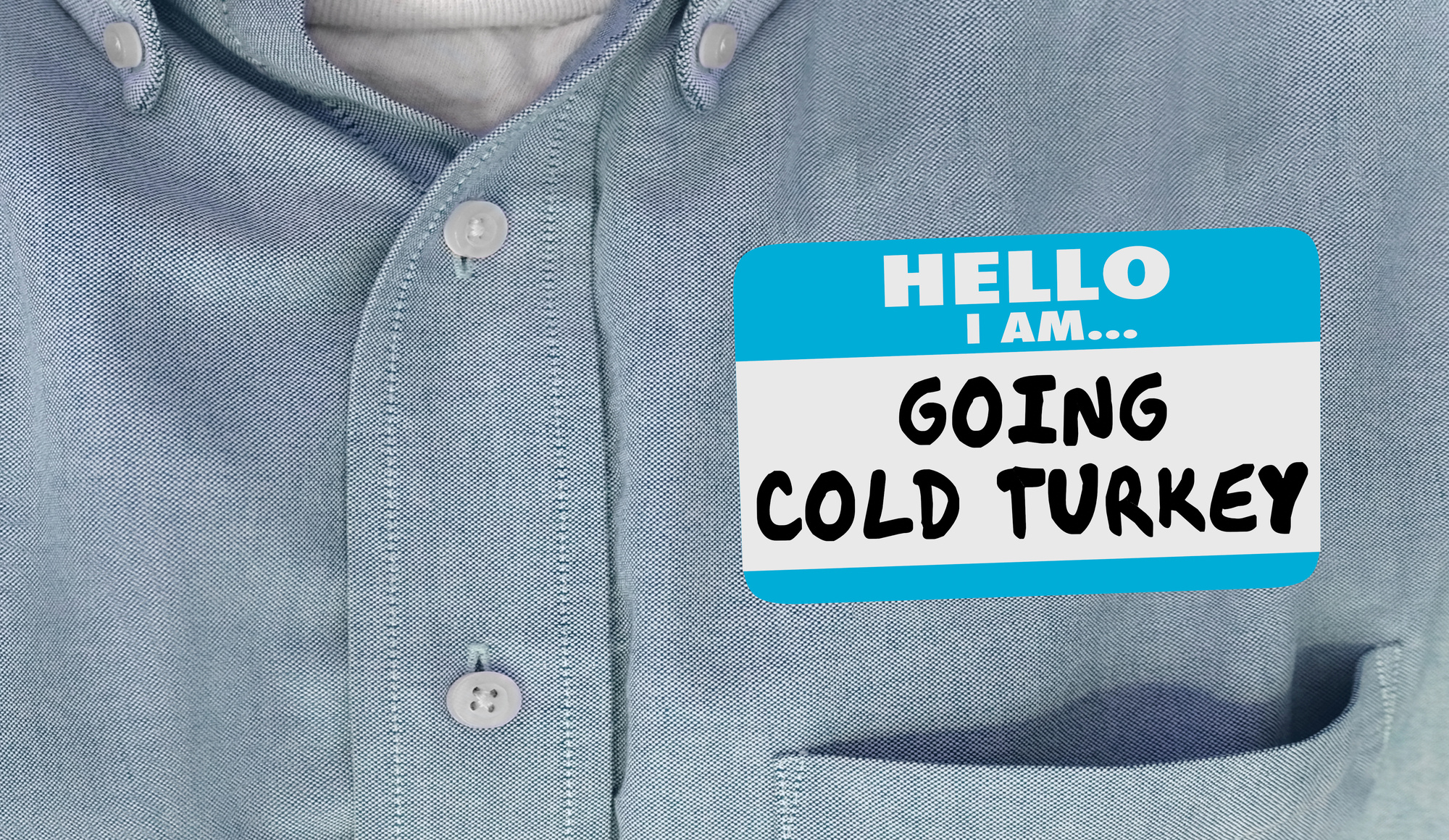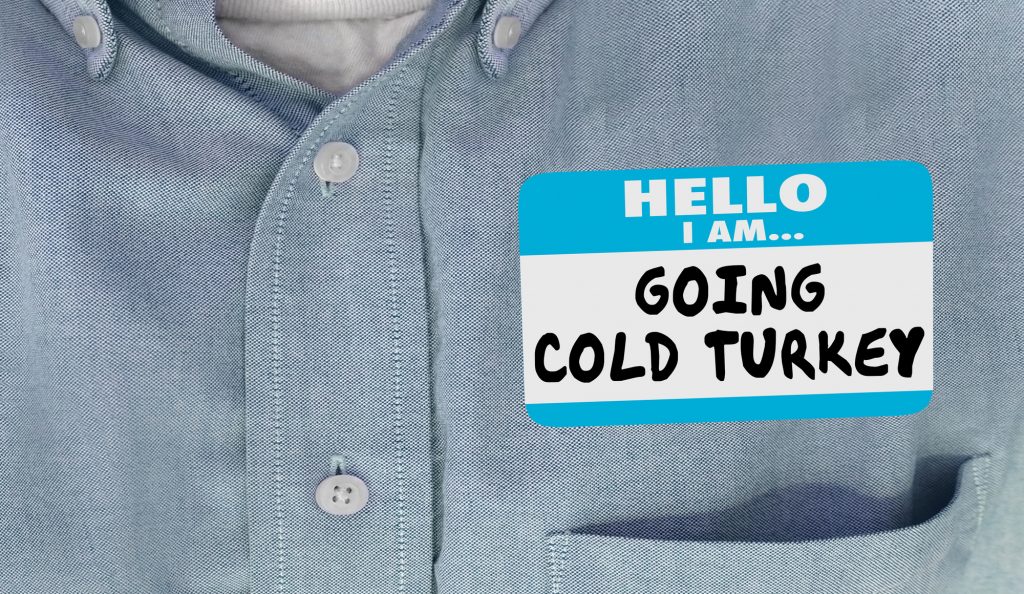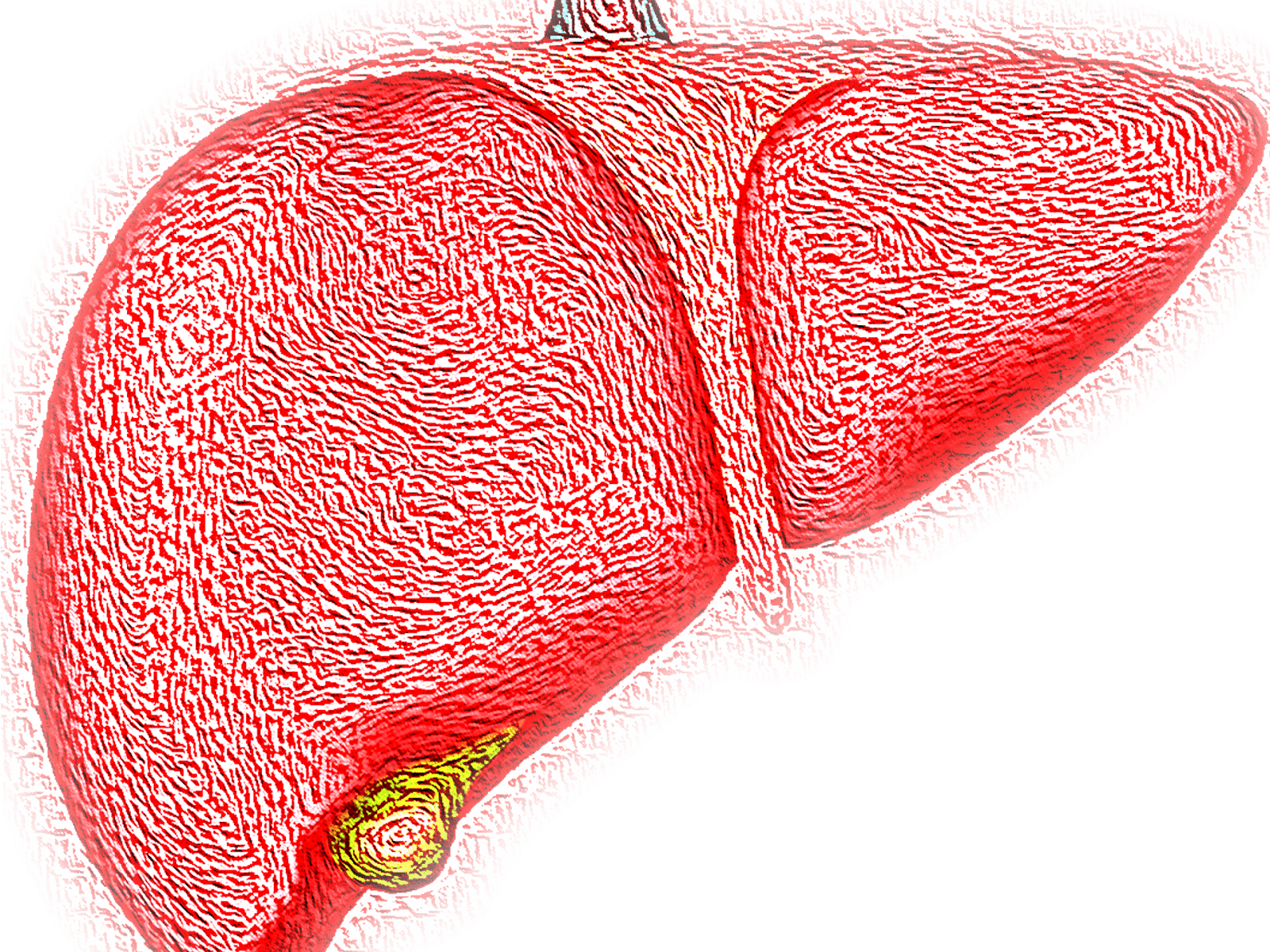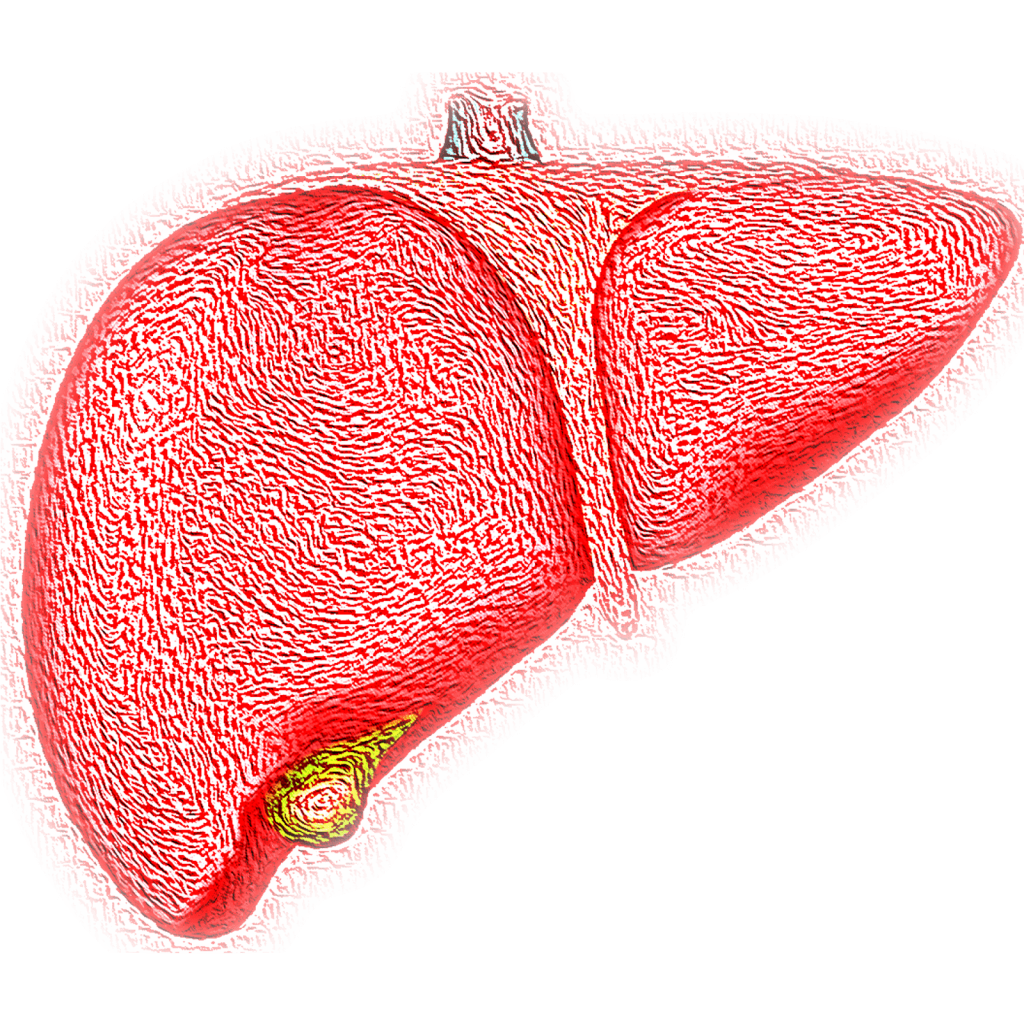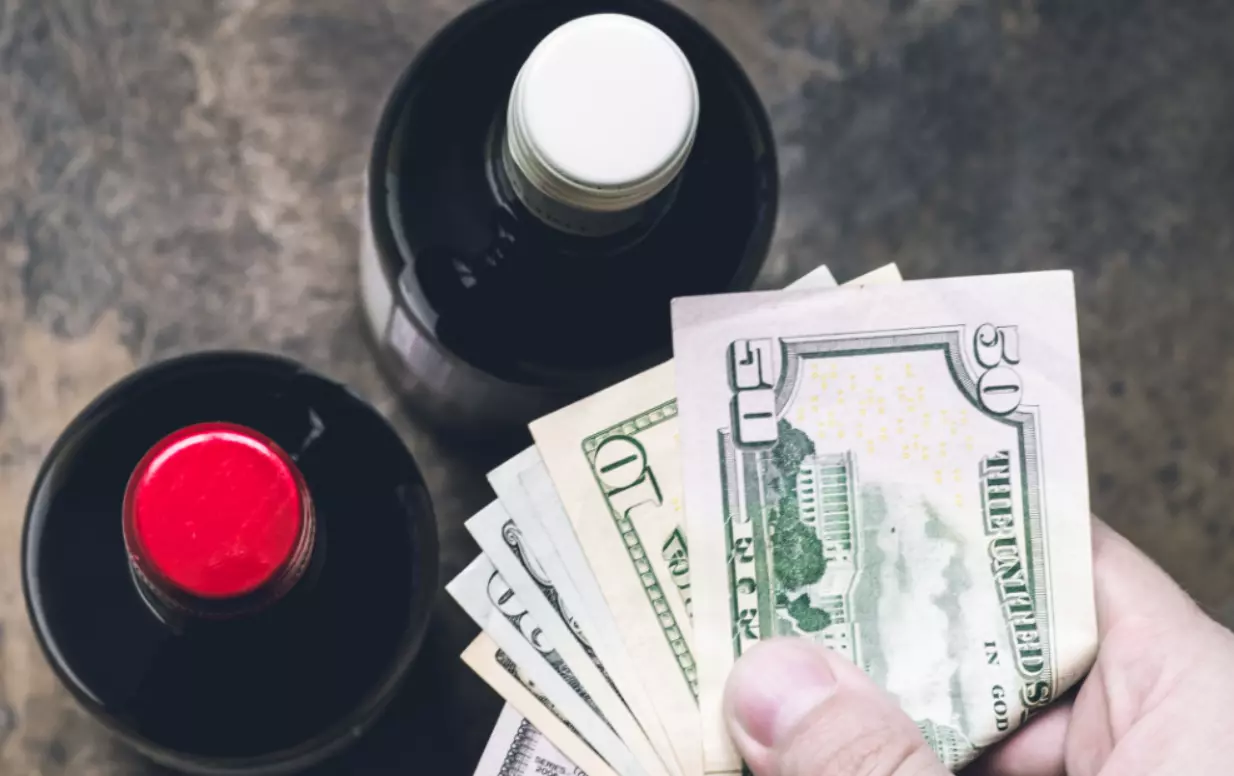Too Much Alcohol – How to Tell if Someone is Drunk
For some people there is nothing wrong with having a few alcoholic beverages from time to time. in fact, when consumed in moderation, alcohol can be a social lubricant.
That said, when it comes to alcohol, for everyone there is such a thing as too much.
Excess alcohol consumption not only changes a person’s behavior, but also makes it difficult for that person to tend to his or her responsibilities.
As such, it can have a drastic negative effect on one’s life.
Wondering how to tell if someone is drunk? There are a number of signs you can look out for. They include the following.
THE SIGNS OF ALCOHOL INTOXICATION
In some cases, drunkenness can be quite obvious and may be easily identified based on an individual’s conduct and environment. However, many people — specifically those who suffer from alcoholism — can be quite good at keeping their intoxication under wraps.
This is usually due to the fact that they have built up an alcohol tolerance from frequently drinking too much. For this reason alone, knowing the signs of being tipsy can be helpful when trying to determine if a friend of loved one has an issue with alcohol.
Whether dealing with someone who is obviously inebriated, or with someone who has a history of alcohol abuse, there are several signs you can look out for that may indicate their drinking habits.
HIGH BLOOD ALCOHOL CONCENTRATION
One of the fastest ways to tell if someone has had too much to drink is by measuring their Blood Alcohol Content (BAC) levels. This refers to the level of alcohol present in an individual’s blood, as represented through a percentage.
A person is considered to be legally impaired when their BAC measures at .08%-0.10%.
While certainly the quickest way to determine if someone is drunk, this can only be measured using specific equipment, such as a breathalyzer test or blood test.
Thus, knowing how to recognize other signs of intoxication will be beneficial for those who do not have access to these tools.
A Flushed Face
One of the common signs of inebriation is a flushed face. If a person’s cheeks are burning bright red, there’s a good chance that he or she has had too much to drink.
This face flushing phenomenon occurs as a result of dilated blood capillaries.
These capillaries dilate because the body is no longer able to metabolize acetaldehyde, a compound that forms after alcohol has been broken down by the body.
Now, this isn’t to say that all face flushing comes as a result of drinking. It can be caused by a number of other factors as well(ie. rosacea, vigorous exercise, etc.).
However, if it’s occurring during a drinking session, it almost certainly appears as a result of alcohol overconsumption.
24/7 Alcohol Hotline – Get Help Now
How to Tell if Someone is Drunk: Look for Slurred Speech
Another common sign of alcohol intoxication is slurred speech. If a person is dragging out the ends of their words or is having difficulty pronouncing their words clearly, alcohol could very well be the culprit.
You may be wondering how alcohol leads to slurred speech. This is primarily because alcohol slows down activity within the brain. Thus, this prevents this organ from communicating with the rest of the body in a timely manner.
As a result of this disconnect, the affected individual starts saying words without having fully processed them, subsequently causing their slurring.
As with a flushed face, slurred speech can be caused by a number of other factors as well. In many cases, neurological issues may be to blame.
In other cases, simple anxiety can be the cause and may be accompanied by stuttering or forgetting words entirely.
That said, if the slurring is a relatively new occurrence, you should suspect alcohol consumption; especially if it arises after drinking too m
Increased Social Interaction
As you likely know, alcohol can have a seismic effect on one’s behavior.
It can turn a normally quiet person into the life of the party and transform a normally standoffish individual into an absolute flirt. In other words, it can increase the level of social interaction in which a person engages.
In notably quiet people, this shouldn’t be difficult to notice. In fact, you’ll probably feel as though you’re with an entirely different person. It’s those that are already sociable who are difficult to assess.
In individuals such as these, you should assess conversational subject matter as opposed to conversational quantity.
If a normally respectful individual begins to speak provocatively about sex, politics, religion, and other taboo topics, alcohol intoxication could be at the source of the problem.
How to Tell if Someone is Drunk: They Show a Lack of Emotional Regulation
While not necessarily true for everyone, many individuals demonstrate drunkenness by losing control of their emotional regulation.
As such, they can become exceedingly angry, hostile, or melancholy during drinking sessions.
Someone getting extremely angry over something that may appear to be of little consequence, clamming up and barely speaking to others, or picking fights at the drop of a hat may indicate excessive drinking.
As this particular behavior can be problematic both for the intoxicated individual and the people around them, it is best to cut their drinking off if possible.
If not, it is generally recommended to avoid these individuals until they have sobered up. Once they are coherent, addressing their problematic drinking behaviors may be a good idea.
Immediate Placement Alcohol Rehab – Get Help Now
Physical Imbalance
Another sign that you should look out for is a physical imbalance.
If someone is stumbling around, incapable of walking in a straight line, he or she is very likely under the influence of a toxic substance.
This substance could be any alcohol as well as a variety of other drugs.
This occurs due to the way that alcohol slows down the brain.
Because the brain can’t keep up with the movements of the body, it can’t send full signals to the portions of the body that allow for movement. As a result, stumbling, tripping and dragging inevitably occur.
Of course, this can be caused by other factors as well. However, if it’s popped up suddenly, alcohol or another drug is the likely culprit.
Dehydration
The last sign to look out for is dehydration. If your friend is demonstrating weakness or spontaneously downing water like a fish, he or she could very well be dehydrated as a result of alcohol consumption.
Generally speaking, the more alcohol a person drinks, the more dehydration he or she will experience. So, while you might not notice the effects initially, you’ll almost certainly notice them as the night goes on.
THE POTENTIAL CONSEQUENCES OF ALCOHOL INTOXICATION
When a person consumes too much alcohol, this can often result in numerous behaviors and situational circumstances that can have negative repercussions, both for the intoxicated individual and the people around them. These may include:
- Drunk driving; can cause serious injury or death both to oneself and others.
- Lowered inhibitions, which may result in having unsafe sex, or engaging in physical or verbal altercations.
- Participating in drug activity, such as buying, selling, or taking illicit substances.
- Engaging in criminal activity, such as theft, destruction of property, etc.
Keep in mind, that knowing the symtoms of being drunk in the case of someone else can be valuable, but to avoid the above consequences for yourself, it can also help to know how to tell when you’re drunk.
To evaluate your own level of intoxication, use the same methods outlined above to find answers regarding how to know if you’re drunk, as well as how to tell if your tipsy. Using these same guidelines, evaluate how much you’ve imbibed and plan your activities with health and safety in mind.
SIGNS OF ALCOHOL OVERDOSE
Unfortunately, drinking too much alcohol can quickly become dangerous, and in severe cases, can be lethal. While knowing the signs of intoxication is certainly useful, knowing the signs of alcohol poisoning and overdose is absolutely essential. Indicators of these potentially life-threatening conditions may include:
- Confusion or distortion
- Vomiting
- Seizures
- Slowed or irregular breathing
- Blue-tinted or pale skin
- Low body temperature
- Loss of consciousness
HOW TO TELL IF SOMEONE IS STRUGGLING WITH ALCOHOL ABUSE
Just because someone is drunk does not necessarily mean that he or she has a drinking problem. After all, many people have been drunk at some or many points in their life. So, at what point does someone’s drinking habits warrant an alcohol addiction?
While it can be difficult to differentiate between the occasional habit of drinking too much and full-blown alcohol abuse, there are several warning signs that may indicate someone has developed an alcohol problem.

PROBLEMATIC DRINKING
As discussed, someone can engage in drinking on numerous occasions without having this serve as an indicator of alcoholism. However, if this behavior becomes a regular or habitual part of their life, this behavior may serve as one of the several common signs of an alcohol problem.
Some examples of problematic drinking may include:
- Binge Drinking. When individuals have more than five drinks within a singular frame of time, this is considered binge drinking. Frequent engagement in this behavior not only serves an indication of alcohol abuse, but serves as a leading cause of alcohol poisoning, as well as alcohol overdose and death.
- Habitual Drinking. While regularly going out on the weekends to drink with friends may not be much cause for concern, drinking excessively for multiple days or everyday of the week on a regular basis most certainly is. If an individual is unable to resist drinking on a given day, this can be a significant indicator of a possible alcohol use disorder.
- Inability to Control Drinking. One of the major warning signs of an alcohol addiction is an inability to control one’s drinking. For example, if someone regularly sets a limit for how many drinks they can have, but is unable to stick to this limit, they likely are struggling with alcoholism.
INABILITY TO MANAGE RESPONSIBILITIES
Unfortunately, individuals struggling with an alcohol addiction will often neglect their work, familial, and other responsibilities to continue drinking or acquiring alcoholic beverages. This behavior may look like:
- Frequently missing or arriving late to work, or being unable to perform regular job roles and duties.
- Neglecting child care duties and no longer tending to household chores and responsibilities.
- Declining communication or apparent disinterest in relationships, whether romantic, familial or otherwise.
When drinking takes precedence over responsibilities, it has the potential to send a person’s life into a full-on tailspin. To prevent this from happening, professional addiction treatment options should be sought out as soon as possible.
DEVELOPMENT OF MEDICAL CONDITIONS OR OTHER HEALTH COMPLICATIONS
Alcohol abuse can have a significant detrimental impact on a person’s physical well-being, many of which may require emergency medical attention. These health problems can be mental or physical in nature, and may include:
- Liver disease
- Heart disease
- Nutritional Deficiencies
- Memory problems
- Depression
- Anxiety
Inebriation can also lead to ailments and injuries as well, whether these are bruises or broken bones resulting from an alcohol-related accident, or STDs or other infectious diseases from unsafe sexual or drug activity.
If a person frequently experiences or is currently experiencing any sort of illness or injury as a result of alcohol consumption, this may be a significant sign that they are struggling with alcoholism.
Seeking out addiction treatment options is strongly recommended to help prevent these individuals from suffering further damage.
Addiction Treatment for Alcoholism – Get Help Now
CONSISTENT RECKLESS BEHAVIOR
As discussed with the signs of intoxication, many people experience increased recklessness when they are drinking.
However, when this inhibition becomes a regular habit, this can be a warning sign of a much larger problem.
Knowing what habits to look out for that serve as signs of alcoholism is extremely important in accurately determining whether someone is struggling with addiction.
Some examples of what may be considered problematic reckless behavior include:
- Having been arrested due to misconduct as a result of being drunk.
- Frequently putting oneself in dangerous situations, either for no apparent reason, or to continue drinking or acquiring alcohol.
- Engaging in other forms of drug abuse or activity.
- Regularly participating in illegal activity or shady behavior.

FINANCIAL COMPLICATIONS
One of the most common signs that a person has developed an alcohol use disorder is the impact their drinking has had on their financial stability. If someone is spending exorbitant amounts of money on alcohol, or if they are missing work in order to drink, there is undoubtedly a problem at hand.
At this point, this problem runs the risk of ruining the individual’s life entirely, as well as those who are financially dependent upon them. Not only are their life savings at risk, but their future economic stability may also be significantly impacted as well.
For example, their credit score may suffer significant blows as they continue to miss payment dates and potentially max out their credit cards to be able to support their drinking.
If you recognize this trend, whether it be in yourself or a loved one, it is imperative that you act quickly to address it.
Seeking out professional help through alcohol rehab programs or addiction treatment centers can help bring you back from the financial pits of alcoholism, and restore economic (and physical) stability in your life.
TREATING AN ALCOHOL USE DISORDER
When it comes to treating alcohol addiction, it is generally recommended that individuals seek out inpatient/residential recovery centers that offer medical detox programs.
Additionally, seeking out treatment programs that can address simultaneous substance use and mental disorders (co-occurring disorders) can be helpful in addressing the underlying causes of a person’s addiction.
As alcohol withdrawal symptoms can be particularly dangerous, and potentially lethal, undergoing a detox treatment process that involves constant medical supervision can be pivotal in an individual’s successful recovery.
Furthermore, these treatment programs may provide medication that help manage or prevent symptoms, as well as reduce strong cravings for alcohol.
Individuals are encouraged to seek out professional medical advice when determining which addiction treatment options will work best for them.
Free Insurance Verification for Rehab – Get Help Now
Looking for a Reputable Rehab Center in Arizona or Colorado?
Now that you know how to tell if someone is drunk, you might be noticing signs of drunkenness in a friend or loved one.
If so, and if you’re looking for a reputable rehab center in the Scottsdale area of Arizona or Aurora, Colorado, Best Rehabs In Arizonas are the place to call.
We treat not only alcoholism but heroin, methamphetamine, and prescription pill addiction as well.
Whether your loved one suffers from one or more of these conditions, we have the resources needed to combat the problem.
Contact us now to discuss treatment!









